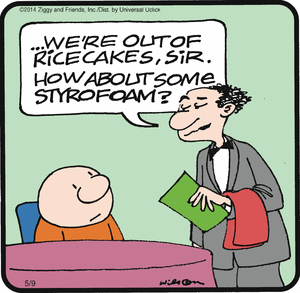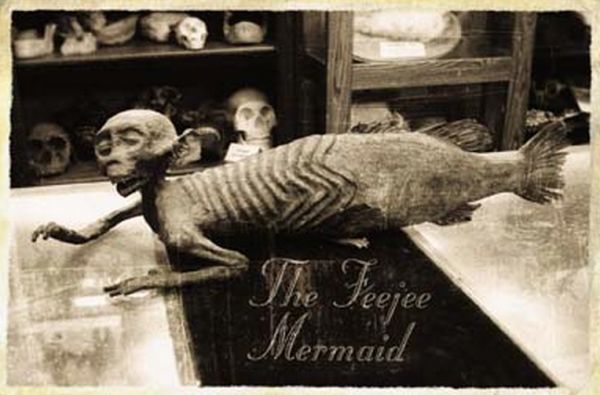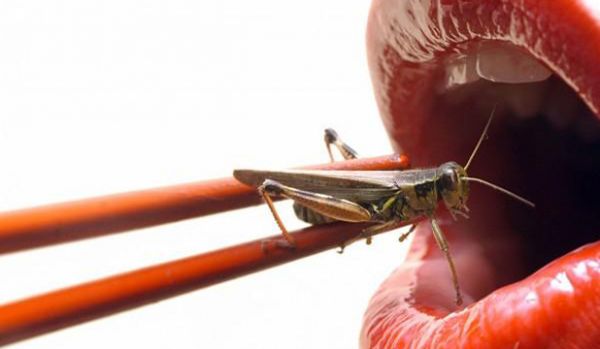The truth can be funny ...!
Carolina Naturally is read in 199 countries around the world daily.
Windy ... !
Today is - Windmill Day
Don't forget to visit our sister blog: It Is What It Is
Some of our reader today have been in:
The Americas
Pikangikum,
Britannia, L'ancienne-Lorette, Joliette, Sioux Lookout, Montreal,
Thunder Bay, Lake Louise, Downsview and Ottawa, Canada
Catoosa, Lubbock, Detroit, Marietta, Fallon and Sparta, United States
Florencia and Armenia, Colombia
Caguas and Luquillo, Puerto Rico
Curitiba, Sao Paulo and Rio De Janeiro, Brazil
Panama, Panama
Tipitapa, Nicaragua
Colegiales, Argentina
Lima, Peru
Mexico City, Mexico
Europe
Stenlille and Copenhagen, Denamrk
Vladivostok, Ryazan and Kazan, Russia
Salon-De-Provence, Rouen and Cerny, France
Nuremberg, Frankfurt Am Main and Muenchen, Germany
Bratislava, Slovakia
Lublin and Gdansk, Poland
Merida, Algeciras, L'Olleria and Onda, Spain
Lycksele and Huddinge, Sweden
Oslo and Stavanger, Norway
Sofia, Bulgaria
London, Kent and Sheffield, England
Amsterdam and Bussum, Netherlands
Ivera, Treviso and Padova, Italy
Dublin and Limerick, Ireland
Athens, Greece
Sarajevo, Bosnia and Herzegovina
Braga, Portugal
Espoo, Finland
Nis, Serbia
Asia
Ha Dong, Vietnam
Pokhara and Kathmandu, Nepal
Dar Kulayb, Bharain
Bangkok, Thailand
La Dagotiere, Mauritius
Ahvaz, Iran
New
Delhi, Hyderabad, Chennai, Bhubaneshwar, Thiruvananthpuram, Shillong,
Bangalore, Delhi, Tiruppur, Kolata and Coimbatore, India
Tripoli, Lebanon
Petaling Jaya and Kuala Lumpur, Malaysia
Jakarta, Indonesia
Muscat, Oman
Rangoon, Burma
Colombo, Sri Lanka
Doha, Qatar
Dhaka, Bangladesh
Africa
Lagos, Nigeria
Shurugwi, Zimbabwe
Kampala, Uganda
Durban and Cape Town, South Africa
The Pacific
Surrey Hills, Sydney and Heidelberg, Australia





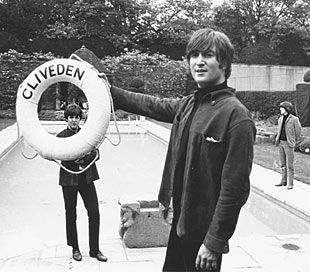 The
Beatles' final scenes on this historic day were filmed at Cliveden
House, a 19th century stately home in Maidenhead, Berkshire. Cliveden
House was doubling as Buckingham Palace in these scenes.
The
Beatles' final scenes on this historic day were filmed at Cliveden
House, a 19th century stately home in Maidenhead, Berkshire. Cliveden
House was doubling as Buckingham Palace in these scenes. The
race was to be around Cliveden Gardens, outside of and around Cliveden
House. There were four separate relay teams, each team consisting of six
members. Besides the Beatles team, there were the electricians, the
carpenters and the camera operators.
The
race was to be around Cliveden Gardens, outside of and around Cliveden
House. There were four separate relay teams, each team consisting of six
members. Besides the Beatles team, there were the electricians, the
carpenters and the camera operators.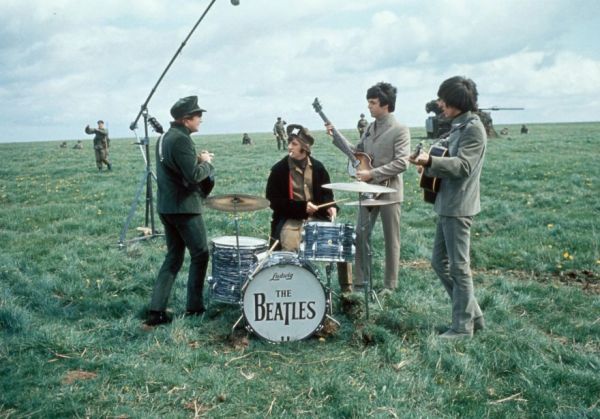
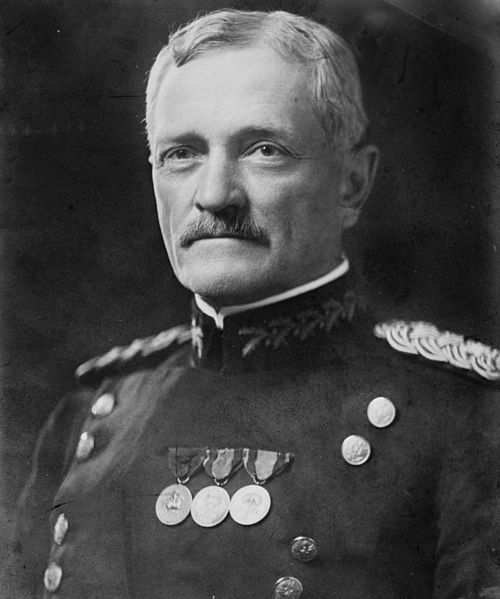 John
J. Pershing (1860-1948) was one of America’s greatest military leaders.
He began in humble conditions in Missouri. Pershing was commissioned as
a lieutenant in 1886 after graduating from West Point. His first
commands were in the west in the final years of the Indian Wars. In
1896, he was given command of the
John
J. Pershing (1860-1948) was one of America’s greatest military leaders.
He began in humble conditions in Missouri. Pershing was commissioned as
a lieutenant in 1886 after graduating from West Point. His first
commands were in the west in the final years of the Indian Wars. In
1896, he was given command of the 

 If you’ve followed Neatorama for a while, you are familiar with
If you’ve followed Neatorama for a while, you are familiar with 

